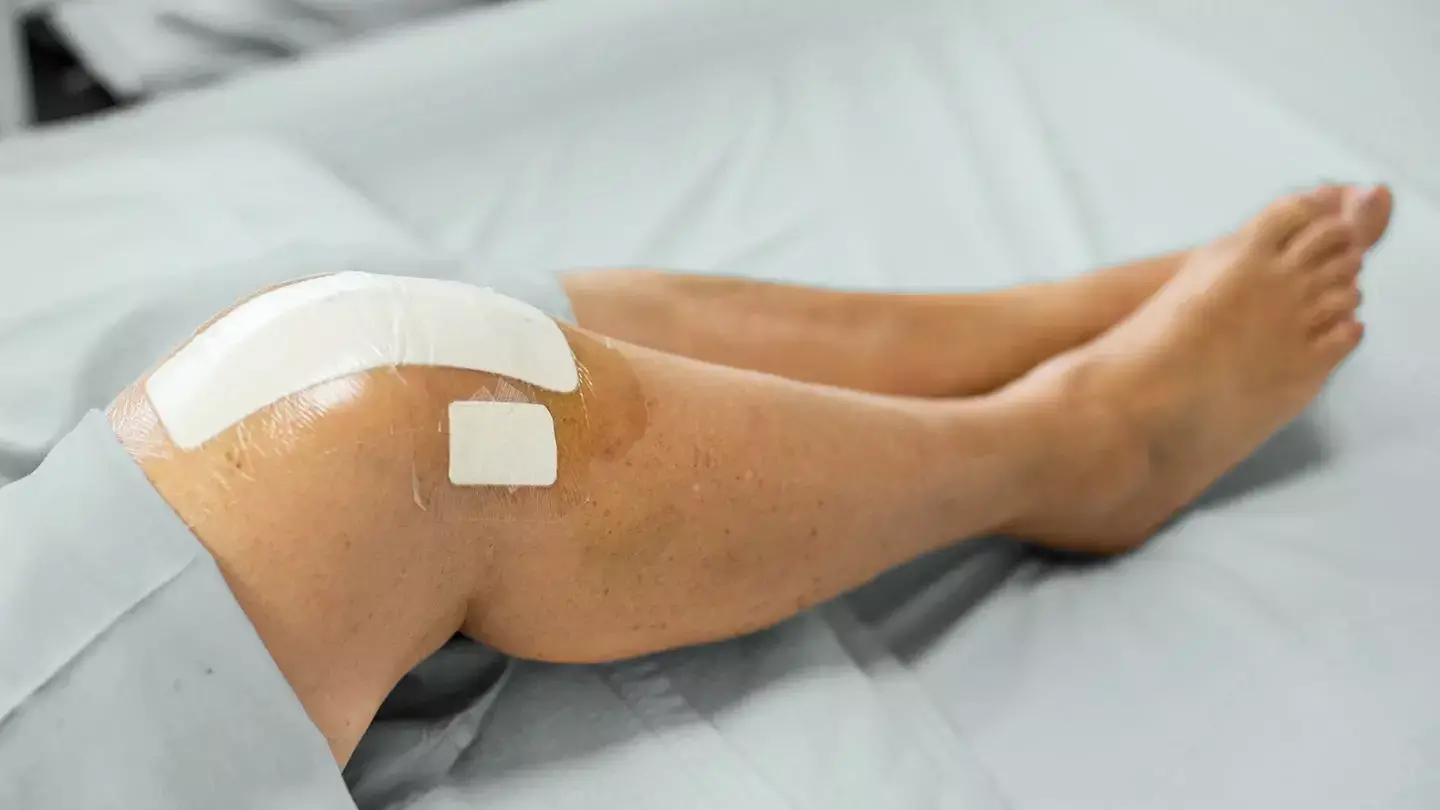- Home
- Medical news & Guidelines
- Anesthesiology
- Cardiology and CTVS
- Critical Care
- Dentistry
- Dermatology
- Diabetes and Endocrinology
- ENT
- Gastroenterology
- Medicine
- Nephrology
- Neurology
- Obstretics-Gynaecology
- Oncology
- Ophthalmology
- Orthopaedics
- Pediatrics-Neonatology
- Psychiatry
- Pulmonology
- Radiology
- Surgery
- Urology
- Laboratory Medicine
- Diet
- Nursing
- Paramedical
- Physiotherapy
- Health news
- Fact Check
- Bone Health Fact Check
- Brain Health Fact Check
- Cancer Related Fact Check
- Child Care Fact Check
- Dental and oral health fact check
- Diabetes and metabolic health fact check
- Diet and Nutrition Fact Check
- Eye and ENT Care Fact Check
- Fitness fact check
- Gut health fact check
- Heart health fact check
- Kidney health fact check
- Medical education fact check
- Men's health fact check
- Respiratory fact check
- Skin and hair care fact check
- Vaccine and Immunization fact check
- Women's health fact check
- AYUSH
- State News
- Andaman and Nicobar Islands
- Andhra Pradesh
- Arunachal Pradesh
- Assam
- Bihar
- Chandigarh
- Chattisgarh
- Dadra and Nagar Haveli
- Daman and Diu
- Delhi
- Goa
- Gujarat
- Haryana
- Himachal Pradesh
- Jammu & Kashmir
- Jharkhand
- Karnataka
- Kerala
- Ladakh
- Lakshadweep
- Madhya Pradesh
- Maharashtra
- Manipur
- Meghalaya
- Mizoram
- Nagaland
- Odisha
- Puducherry
- Punjab
- Rajasthan
- Sikkim
- Tamil Nadu
- Telangana
- Tripura
- Uttar Pradesh
- Uttrakhand
- West Bengal
- Medical Education
- Industry
Synovial calprotectin accurately predicts knee Periprosthetic joint infection

Italy: Periprosthetic joint infection (PJI) is a devastating complication after joint replacement surgery, and making diagnosis is often far from obvious. Calprotectin was recently proposed as a promising synovial biomarker to detect PJI.
M. Grassi et al noted that there were no comparative study between enzyme-linked immunosorbent assay (ELISA) and rapid calprotectin test (CalFAST).
The authors compared these methods with leukocyte esterase (LE) test from synovial fluid of painful knee arthroplasty subjected to infectious workup.
Methods: Ninety-three patients were included in this prospective observational study. They underwent synovial fluid aspiration that was analyzed for cell count, microbiological culture, LE test, calprotectin rapid test, and calprotectin immunoassay dosage. The 2018 Consensus Statements criteria for PJI were used to diagnose PJI. Sensitivity, specificity, positive and negative likelihood ratio, and receiver operating characteristic were calculated for detection methods and compared.
Results:
• They categorized 39 patients as infected and 50 patients as not infected.
• The sensitivity comparing the ELISA test and CalFAST test was similar, 92.3% and 97.4%, respectively.
• LE rapid test showed 46% of sensitivity and 94% of specificity.
• The highest specificity was found with ELISA test (100%).
• Comparing the receiver operating characteristic curves by z-test, there were statistically significant differences between LE strip test and the other two methods.
• No statistically significant differences were present between ELISA and CalFAST test.
The authors concluded that - synovial calprotectin detection has high accuracy in knee PJI diagnosis, both ELISA and rapid test. LE strip test remains a good test to confirm the diagnosis of PJI in case of positivity. In clinical practice, the calprotectin rapid test can be considered an excellent point-of-care test.
Key Words: periprosthetic joint infection, diagnosis, calprotectin, synovial fluid, total knee arthroplasty knee
Further reading:
Synovial Biomarkers to Detect Chronic Periprosthetic Joint Infection: A Pilot Study to Compare Calprotectin Rapid Test, Calprotectin ELISA Immunoassay and Leukocyte Esterase Test
Marco Grassi, Paolo Salari, Luca Farinelli, Marco D'Anzeo, Nicoletta Onori, Antonio Gigante.
The Journal of Arthroplasty 37 (2022) 781-786
https://doi.org/10.1016/j.arth.2021.12.040
MBBS, Dip. Ortho, DNB ortho, MNAMS
Dr Supreeth D R (MBBS, Dip. Ortho, DNB ortho, MNAMS) is a practicing orthopedician with interest in medical research and publishing articles. He completed MBBS from mysore medical college, dip ortho from Trivandrum medical college and sec. DNB from Manipal Hospital, Bengaluru. He has expirence of 7years in the field of orthopedics. He has presented scientific papers & posters in various state, national and international conferences. His interest in writing articles lead the way to join medical dialogues. He can be contacted at editorial@medicaldialogues.in.
Dr Kamal Kant Kohli-MBBS, DTCD- a chest specialist with more than 30 years of practice and a flair for writing clinical articles, Dr Kamal Kant Kohli joined Medical Dialogues as a Chief Editor of Medical News. Besides writing articles, as an editor, he proofreads and verifies all the medical content published on Medical Dialogues including those coming from journals, studies,medical conferences,guidelines etc. Email: drkohli@medicaldialogues.in. Contact no. 011-43720751


